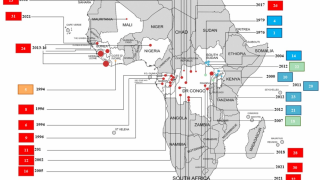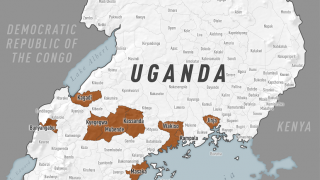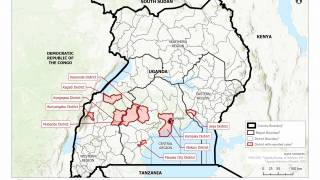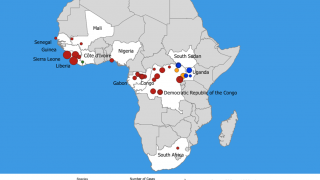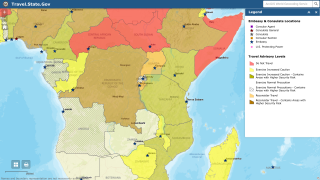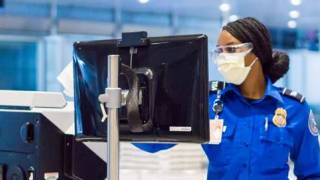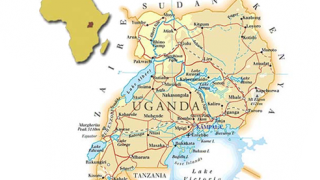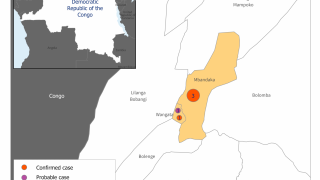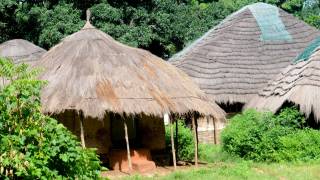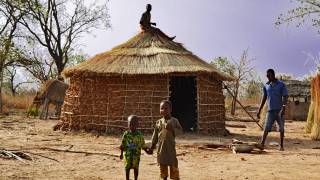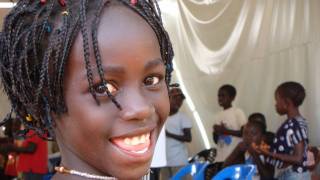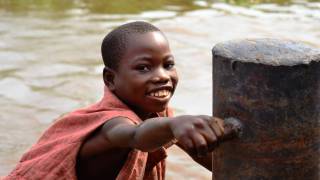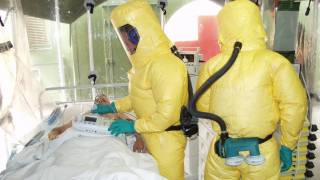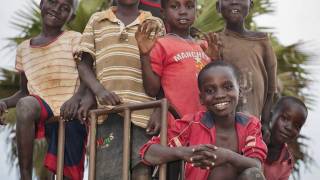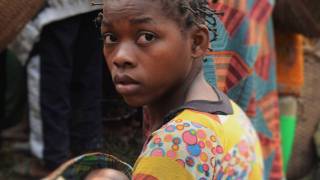Uganda Disagrees with WHO’s Ebola Opinion
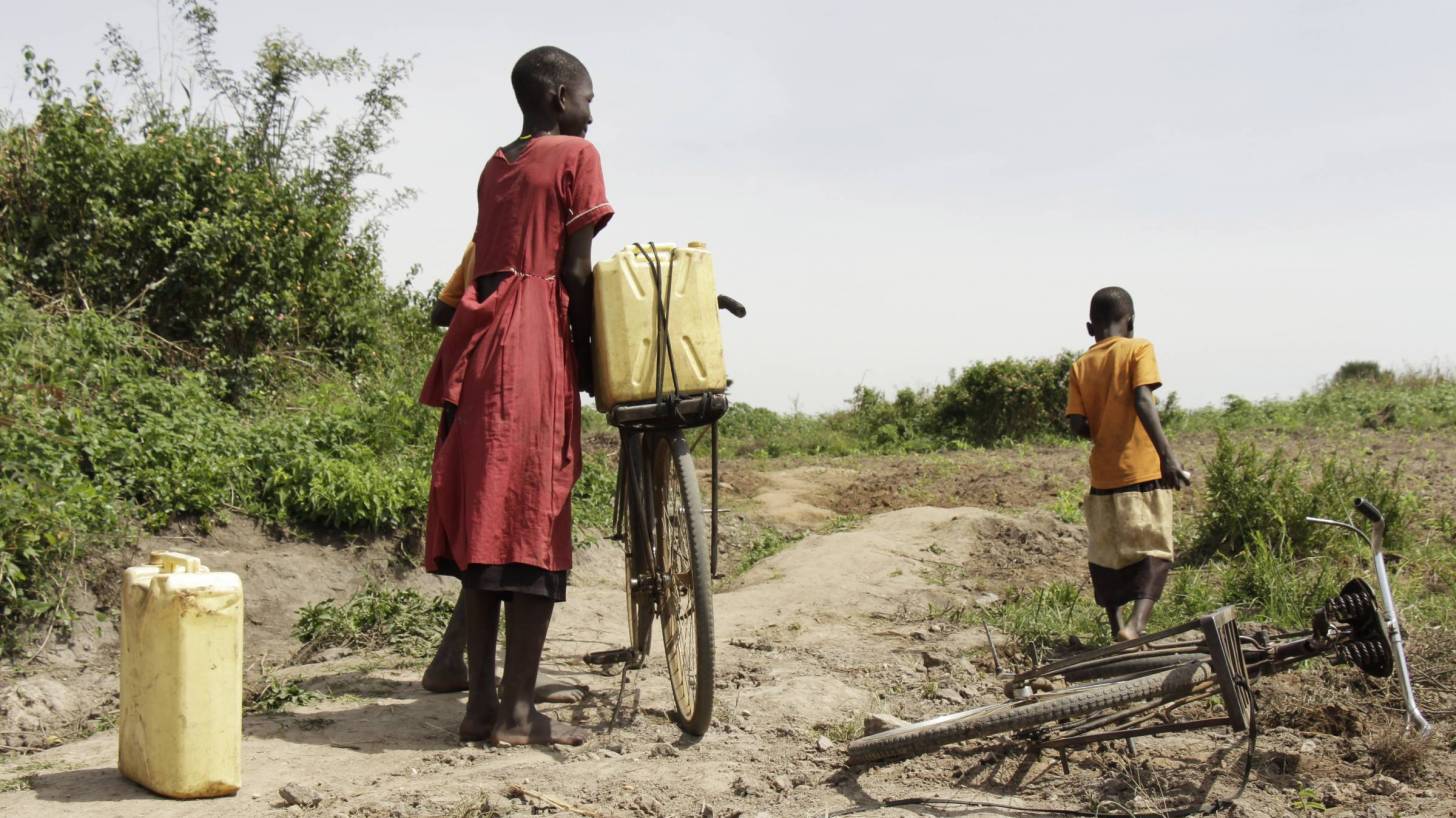
The World Health Organization (WHO) Committee expressed its opinion on June 14, 2019, saying that ‘while the expanding Ebola Zaire outbreak in Africa is a health emergency, it does not meet all the criteria for a Public Health Emergency of International Concern declaration.’
Such a declaration typically triggers more funding and resources.
It appears health officials in the country of Uganda disagree with this WHO opinion.
When the 2nd person in Uganda died after the virus outbreak spread from the Democratic Republic of Congo (DRC), the local hospital couldn’t find a vehicle to take away the body.
“We don’t really have an isolation ward,” the Bwera Hospital’s administrator, Pedson Buthalha, told The Associated Press on June 15th.
“To be honest, we can’t accommodate more than five people.”
While Ugandan authorities say they are prepared to contain the Ebola virus, some workers disagree. Buthalha said, ‘voluntary health teams screening for Ebola on the border have gone unpaid for about four months.’
Ugandan health workers aren’t facing the violent attacks that have killed several Ebola responders in the DRC, however, they remain at risk as they seek to isolate, test and treat for the virus.
At least 2 nurses at Bwera Hospital might have been exposed when they offered first aid to an infected family. They and some other contacts have since been quarantined in their homes.
Ugandan Health Minister Jane Aceng told the AP on June 15th that district officials in Kasese were to blame for limited medical supplies.
“It is clearly the responsibility of the district to order supplies,” she said. “If they haven’t done the orders we can’t supply because we don’t know how much they need.”
As for upgrading the makeshift isolation ward in the hospital garden, she said “it is not economical. It is not cost-effective” to build permanent structures.
Uganda has faced multiple Ebola outbreaks and is a regional leader in battling Ebola, even if this part of the country has never experienced an outbreak. Some Ugandan physicians were deployed to the West African Ebola outbreak of 2013-2016.
Health workers in this outbreak now have the benefit of an experimental Ebola Zaire vaccine.
Uganda has vaccinated nearly 4,700 of its health workers with Merck’s v920 (rVSV-ZEBOV) experimental Ebola Zaire vaccine.
The Rwandan Minister of Health, Dr. Diane Gashumba said, "This vaccine assures readiness as far as Ebola preparedness is concerned.”
“The v920 vaccine will not target the general population, but will focus on frontline health workers who may be at high risk in case of Ebola outbreak."
In addition to the Ebola risk, Uganda notified recently the WHO that they have declared a yellow fever outbreak on May 6, 2019.
To reduce this outbreak, a yellow fever vaccination campaign was conducted in the Kalangala, Masaka, and Ruukunguri sections of Uganda.
One of the affected districts is located along the border with the DRC. Since there are frequent population movements between these countries, there is a potential for the international spread of the yellow fever virus, says the WHO.
“We have a lot of work to do,” Buthalha said.
The WHO says at least 112 such contacts have been identified in Uganda since the outbreak crossed the nearby DRC border.
The WHO Committee advised its Director-General to continue to monitor the situation in Uganda and the DRC closely and reconvene the Emergency Committee as needed.
Our Trust Standards: Medical Advisory Committee
- Statement on the meeting of the International Health Regulations (2005) Emergency Committee for Ebola virus disease in the DRC
- Ugandan medics now tackling Ebola say they lack supplies
- Zika virus: Advice for travellers
- Health Information for Travelers to Uganda
- Ebola Vaccinations Expanding in Central Africa


